Alexander Dubcek was a Czechoslovak politician and a leader of the Prague Spring reform effort. Dubcek was born November 27, 1921 in Uhrovec, Czechoslovakia (now in the Slovak Republic). He spent his childhood in Kirghizia, present-day Kyrgyzstan, in Soviet Central Asia. When his family returned to Czechoslovakia in 1938, he went to work in a factory. During World War Two, Dubcek joined the underground resistance against German occupation. Like the rest of Eastern Europe, the end of the war left Czechoslovakia under the control of the Communist superpower, the Soviet Union. Dubcek joined the Slovak Communist Party and was elected a deputy of the Czech federal parliament in 1951. He was sent to Moscow for communist leadership training and by 1963 had risen to the party’s highest ranks. During this time, some Eastern bloc nations distanced themselves from the Soviet Union’s Communist party line, establishing their own interpretations of Marxist doctrine. Demands for change, especially from intellectuals, were also advanced in Czechoslovakia.
On January 5, 1968, Dubcek was appointed first secretary of the Slovak branch of the communist party, a position empowering him to govern the country. He made significant headway in implementing a market economy, while granting greater freedom of expression. Dubcek’s goal to create “socialism with a human face” represented a bold departure from the oppressive, Soviet brand of communism. This movement became known as Prague Spring. But Moscow opposed Czechoslovakia’s new course. On August 19, 1968 Dubcek received a letter from Soviet leader Leonid Brezhnev, imploring him to conform to communist orthodoxy. The very next day, troops from the USSR and other Eastern European countries invaded Czechoslovakia, reaching Prague at dawn on August 21,where they put an end to the short-lived season of renewal. Dubcek and other communist officials were arrested and replaced by men loyal to Moscow.
After a brief interlude as Ambassador to Turkey, Dubcek was expelled from the party and returned to his homeland. Dubcek resurfaced in the late 1980s, when the Soviet Union was close to collapse, and played a crucial role in the effort to accelerate the end of communism in Czechoslovakia. Once the country made the transition to democratic government, Dubcek was elected chairman of the Federal Assembly. Alexander Dubcek died in Prague on November 7, 1992 as a result of injuries sustained in a car crash. He was 70.
On January 5, 1968, Dubcek was appointed first secretary of the Slovak branch of the communist party, a position empowering him to govern the country. He made significant headway in implementing a market economy, while granting greater freedom of expression. Dubcek’s goal to create “socialism with a human face” represented a bold departure from the oppressive, Soviet brand of communism. This movement became known as Prague Spring. But Moscow opposed Czechoslovakia’s new course. On August 19, 1968 Dubcek received a letter from Soviet leader Leonid Brezhnev, imploring him to conform to communist orthodoxy. The very next day, troops from the USSR and other Eastern European countries invaded Czechoslovakia, reaching Prague at dawn on August 21,where they put an end to the short-lived season of renewal. Dubcek and other communist officials were arrested and replaced by men loyal to Moscow.
After a brief interlude as Ambassador to Turkey, Dubcek was expelled from the party and returned to his homeland. Dubcek resurfaced in the late 1980s, when the Soviet Union was close to collapse, and played a crucial role in the effort to accelerate the end of communism in Czechoslovakia. Once the country made the transition to democratic government, Dubcek was elected chairman of the Federal Assembly. Alexander Dubcek died in Prague on November 7, 1992 as a result of injuries sustained in a car crash. He was 70.
RELATED
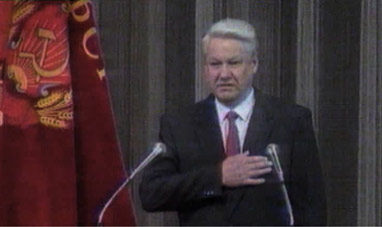

BORIS YELTSIN
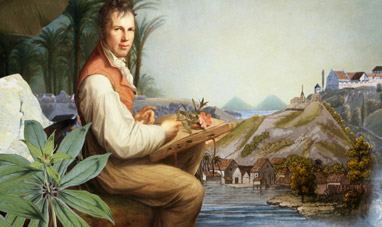

HUMBOLDT, ALEXANDER VON


LEANDRO ARAGONCILLO


THE COUNT-DUKE OF OLIVARES
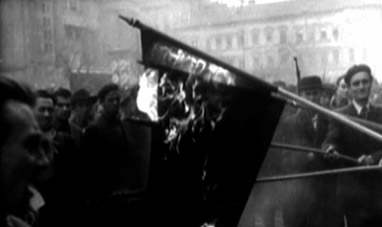

THE PRAGUE SPRING
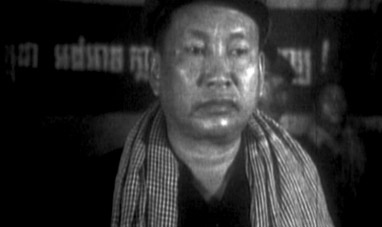

POL POT
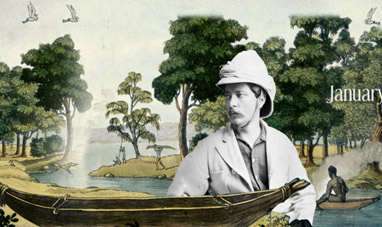

HENRY MORTON STANLEY
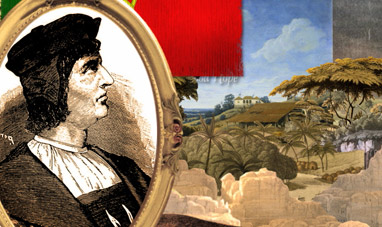

BARTOLOMEU DIAS
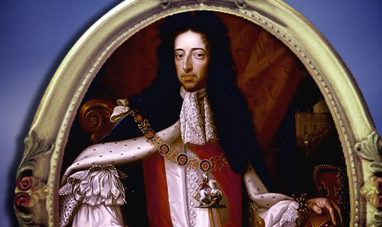

WILLIAM III, OF ORANGE
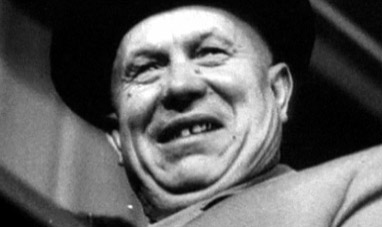

NIKITA KHRUSHCHEV
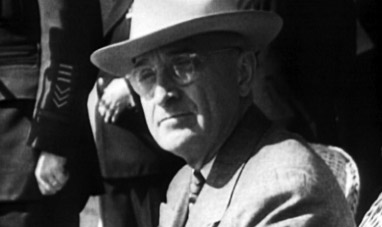

HARRY TRUMAN
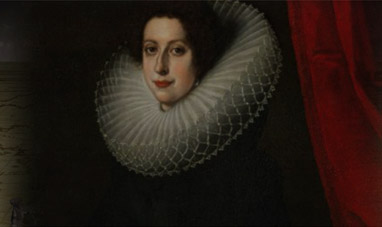

CATHERINE DE MEDICI
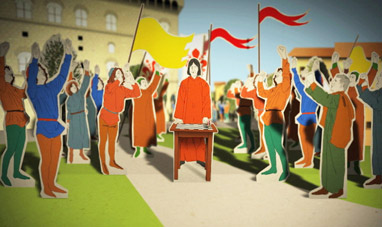

LORENZO DE' MEDICI
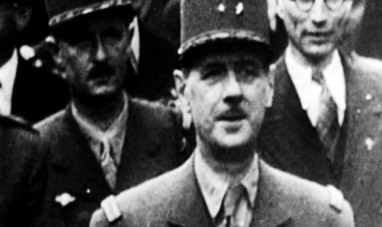

CHARLES DE GAULLE


NATO (NORTH ATLANTIC TREATY ORGANIZATION)
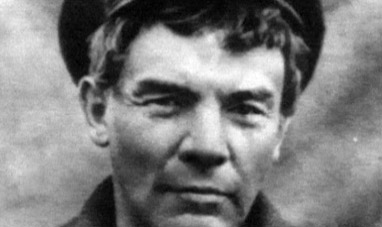

VLADIMIR LENIN
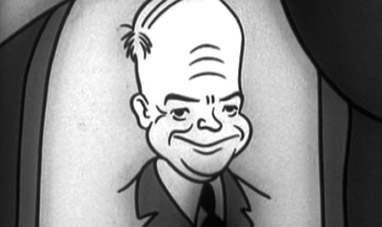

DWIGHT EISENHOWER
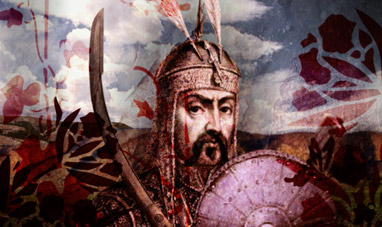

GENGHIS KHAN
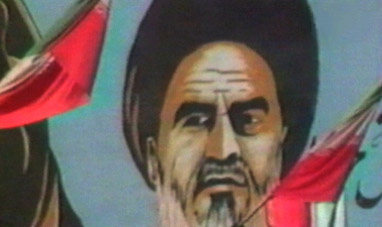

RUHOLLAH KHOMEINI
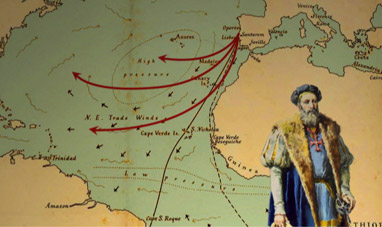

PEDRO ÁLVARES CABRAL
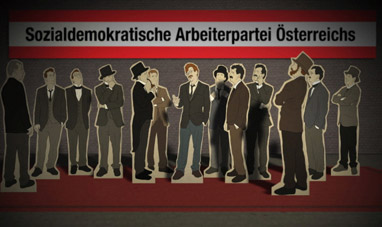

VIKTOR ADLER
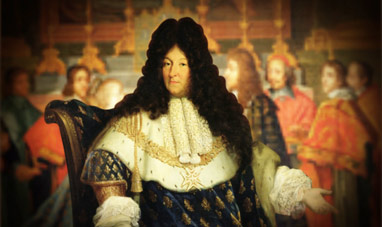

LOUIS XIV, THE SUN KING
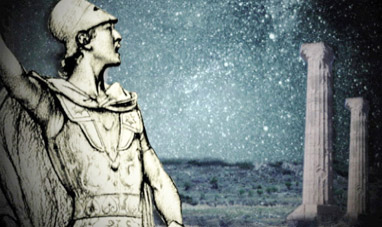

ALEXANDER THE GREAT
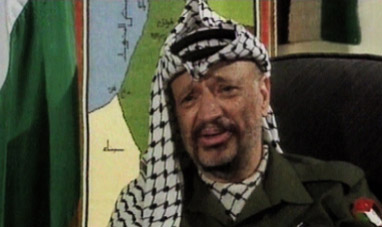

YASSER ARAFAT
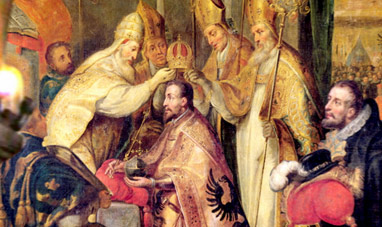

FREDERICK II, HOLY ROMAN EMPEROR
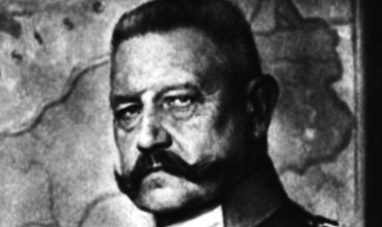

PAUL VON HINDENBURG
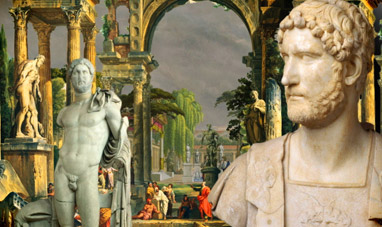

HADRIAN
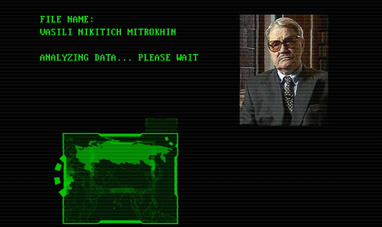

VASILI NIKITICH MITROKHIN
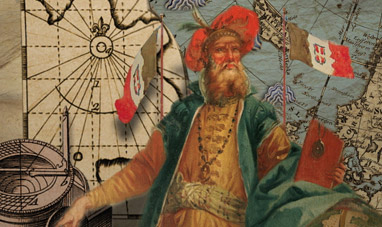

JOHN CABOT
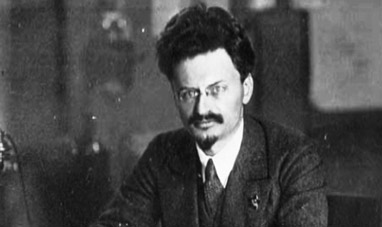

TROTSKY
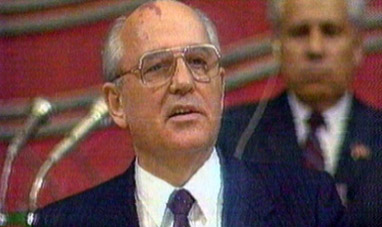

MIKHAIL GORBACHEV
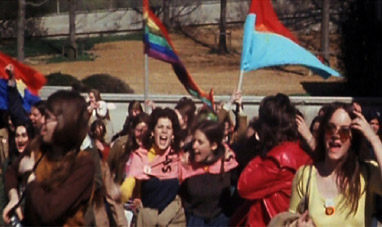

1968
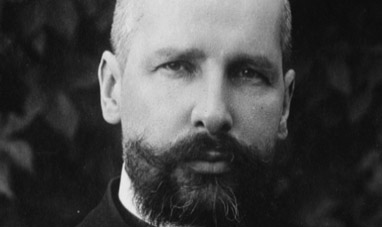

PYOTR STOLYPIN
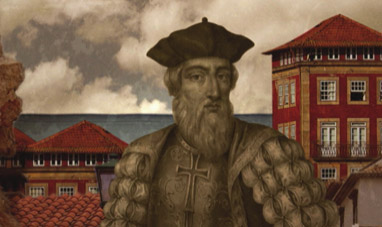

VASCO DA GAMA
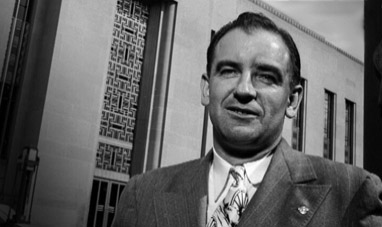

JOSEPH MCCARTHY
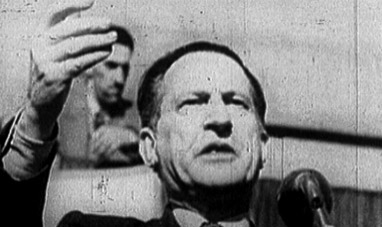

ALCIDE DE GASPERI
